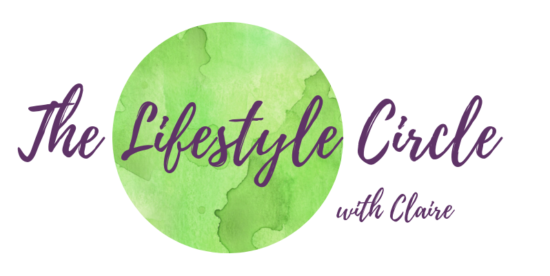If you’ve switched to a vegan diet for ethical or health reasons, then that’s great for you. But if you’ve gone vegan hoping that it will heal your acne, eczema or psoriasis, here are 3 reasons you might not be seeing results.
This post contains affiliate links.
What is a vegan diet?
First, let’s look at what a vegan diet is. A vegan diet is one that excludes any food that comes from an animal. This includes meat, fish, dairy, eggs, and honey.
Is a vegan diet better for your skin?
It’s often assumed that cutting out meat and dairy in favour of a vegan diet is better for your skin. Reducing or eliminating dairy may help to improve skin conditions such as acne. When this is combined with an increase in the number of fruits and vegetables that you eat, a vegan diet can be great for your skin.
But a vegan diet doesn’t always lead to glowing skin. Here are 3 common reasons your vegan diet might not be improving your skin.
3 reasons your vegan diet isn’t healing your skin
1. You’re not eating enough vegetables
There’s a great quote in the book Gut Reactions that says ‘the richness (or lack of richness) of your microbiome is a better predictor of Western disease risk than your weight’. Key to all-round good health, including healthy skin, is a diverse gut microbiome, which comes from eating fruits and vegetables.
The trillions of bacteria that make up your microbiome feed on the fruits and vegetables you eat. If you’re not eating enough, or you’re not eating a great variety, then your gut health suffers. Rather than starve, it’s thought that the bacteria in your gut will nibble away at your gut lining, creating inflammation in your body and on your skin. You can read more about the link between gut and skin health here.
I often see people making the switch to a vegan or vegetarian diet, but they stick to a small group of fruits and veggies they’re familiar with. Whether or not you eat meat, you must eat a wide variety of fruits and vegetables. There isn’t a magic number, but I like to aim for 20 – 30 different fruits and veggies each week to make sure I’m getting enough variety and my gut bugs are well fed.
2. You’re eating too much processed food
You may have noticed that vegan food is popping up everywhere. It’s great to have choice, but the quality of that food varies. My supermarket now has a full aisle dedicated to free-from food, and much of it is vegan. Next time you’re in the cereal aisle of your supermarket, pay attention to the number of cereals that now proudly state “suitable for vegans” on the front of their packaging. You’ll also see “suitable for vegans” on the packaging of crisps, sweets and biscuits.
The problem with these foods is that they’re highly processed. This means that there’s very little nutrition in them, and they’ll contain ingredients you might not even recognise as food.
When you eat a diet high in processed food, you’re filling up on food that’s typically low in fibre, vitamins and minerals. There’s not much there that’s going to provide food for your microbiome, which means they’ll turn their attention to your gut lining and eat that instead.
If you’re choosing to stick to a vegan diet, remember that a biscuit is still a biscuit, whether or not it’s vegan. Be mindful of how much processed food you’re eating and get most of your nutrition from fresh produce and products with minimal ingredients.
3. You’ve replaced dairy with soya products
Many dairy-free products such as milk, cheese and butter are made from soy. This is not necessarily bad. But, if, like me, you’re intolerant to dairy, you may also be intolerant to soy.
Many people with skin issues find reducing dairy helps. In my experience, this is particularly true in people that suffer from both skin and gut health issues.
Soy is often thought to interfere with our hormones thanks to compounds called isoflavones, which have oestrogenic properties. The effect this has on our skin is still debated, and studies have shown no definitive conclusion. What is certain is that soy, like dairy, eggs, gluten and nuts, is one of the most common allergenic ingredients. If dairy is an issue for you, there’s a good chance soy is too.
If you decide to stay vegan, or just want to reduce the amount of dairy in your diet, try coconut, hemp, oat or nut-based products instead of soya and see if that makes a difference.
Do you need to go vegan to heal your skin?
No, you don’t need to be vegan to heal your skin.
As I write this, I’m drinking peppermint tea and eating a bag of chocolate buttons. I’m not completely dairy-free but I reduced the amount of dairy in my diet. I feel better for it, and my skin has definitely benefitted.
If you’ve read any of my previous articles or books, you’ll know I often say that what you eat matters more than what you don’t eat. This means don’t cut food groups out of your diet expecting it to heal your skin. The good stuff in your diet has a bigger impact on your skin than what you’ve taken out.
If you choose to be vegan, and it’s working for you, then carry on. Just make sure you’re eating real food instead of a lot of processed food, and that you’re including lots of fruits and vegetables in your diet.
For me, I feel at my best including some good quality meat and fish in my diet. If you prefer to include some animal products in your diet, then that’s ok. You can absolutely heal your skin without going vegan.
Looking for support to heal your skin? Here’s what worked for me.




